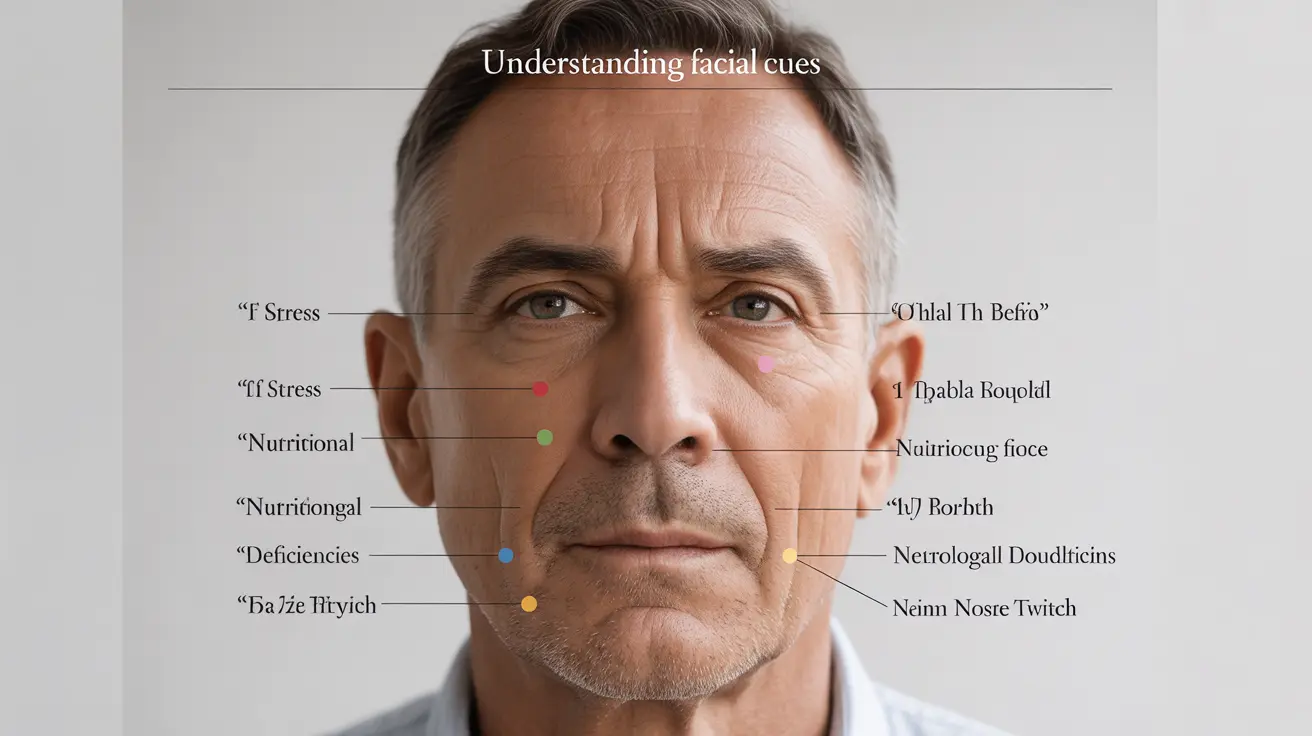Nose twitching, characterized by involuntary muscle spasms in the nasal area, can be a concerning and sometimes frustrating experience. While often harmless, these repetitive movements can affect anyone and may signal underlying health conditions that deserve attention. Understanding the causes and available solutions can help you better manage this common occurrence.
If you've experienced nose twitching, you're not alone. These facial muscle spasms can range from mild, occasional twitches to more persistent movements that might impact your daily life. Let's explore the various causes, potential treatments, and signs that indicate when medical attention may be necessary.
Common Causes of Nose Twitching
Several factors can trigger nose twitching, ranging from everyday stress to more complex medical conditions:
Stress and Fatigue
One of the most common triggers for nose twitching is excessive stress and inadequate sleep. When your body experiences high stress levels or sleep deprivation, your nervous system can become overactive, leading to involuntary muscle movements, including nose twitches.
Nutritional Factors
Deficiencies in certain essential nutrients can contribute to muscle spasms and twitching. Key nutrients that play a role include:
- Magnesium
- Vitamin B12
- Calcium
- Potassium
Neurological Conditions
In some cases, nose twitching may be associated with underlying neurological conditions such as:
- Hemifacial spasms
- Bell's palsy
- Multiple sclerosis
- Tourette syndrome
Managing and Treating Nose Twitching
Lifestyle Modifications
Simple lifestyle changes can often help reduce the frequency and severity of nose twitching:
- Maintaining a regular sleep schedule
- Practicing stress-reduction techniques
- Staying hydrated
- Following a balanced diet rich in essential nutrients
Stress Management Techniques
Implementing effective stress management strategies can significantly impact nose twitching:
- Deep breathing exercises
- Meditation
- Regular physical activity
- Progressive muscle relaxation
When to Consult a Healthcare Provider
While most cases of nose twitching are benign, certain situations warrant medical attention:
- Persistent twitching lasting several weeks
- Twitching accompanied by other facial muscle weakness
- Severe twitching that interferes with daily activities
- Additional neurological symptoms
Frequently Asked Questions
What are the most common causes of nose twitching and how can I tell if it is serious?
The most common causes include stress, fatigue, and nutritional deficiencies. It's considered serious if the twitching persists for several weeks, is accompanied by other neurological symptoms, or significantly impacts your daily activities.
Can stress or lack of sleep cause my nose to twitch and how can I reduce it?
Yes, stress and sleep deprivation are common triggers for nose twitching. Reduce it by maintaining good sleep hygiene, practicing stress management techniques, and establishing a consistent relaxation routine.
Are nutritional deficiencies linked to nose twitching, and which vitamins or minerals should I focus on?
Nutritional deficiencies, particularly in magnesium, vitamin B12, calcium, and potassium, can contribute to muscle twitching. Focus on consuming a balanced diet rich in these nutrients or consult your healthcare provider about supplementation.
When should I see a doctor about persistent or frequent nose twitching?
Consult a healthcare provider if twitching persists beyond several weeks, is accompanied by other facial symptoms, causes significant distress, or interferes with daily activities.
What treatments or lifestyle changes can help stop nose twitching caused by facial muscle spasms?
Effective treatments include stress reduction techniques, adequate sleep, proper nutrition, and regular exercise. In some cases, your healthcare provider might recommend specific medications or treatments depending on the underlying cause.




